As a clinician who primarily does autism evaluations, there are a lot of questions I’m used to getting from parents who find out a new and important piece of information about their child. “What does this mean for my child?” “What does this mean for their future?” “How can I best help them?” There is one question, though, that doesn’t get a lot of attention in parenting articles: “Could I be autistic too?”
As a clinician, I hear this question a lot from parents of a newly diagnosed child, especially when they feel like they’ve always had a lot in common with their child, or experienced similar struggles. Let’s talk about what to do if you’re wondering about an autism diagnosis for yourself after the diagnosis of your child.
The broader autistic phenotype
There is shockingly little research so far on autistic parents raising autistic children, (and even less on autistic parents raising non-autistic children) but there is a small body of research on something called “the broader autistic phenotype.” This is a term that basically means that when one member of a family is autistic, there are likely other family members who have milder forms of some (or even many) traits of autism, without meeting full diagnostic criteria. This is part of why so many parents sit in meetings with their child’s provider, hearing that the behaviors they’ve noticed about their child are related to autism and maybe thinking, “wait, but I do that…”
Just because you do some things that an autistic person might do because of their autism, it doesn’t necessarily mean that you have autism yourself. Plenty of people without autism struggle with social nuances, sensory sensitivity, changes in routine and or other behaviors seen in autistic individuals. For example, a 2022 study found that mothers of autistic children with language difficulties were more likely than other mothers to have pragmatic communication difficulties. These mothers didn’t have autism themselves (at least as far as the study was able to identify) but they did have common difficulties with their autistic children.
Autistic people can be great parents
Some of you reading this may be thinking, “no, it’s not that I have some traits similar to an autistic person or I have some commonalities with my child, it’s more than that. After learning about autism at my child’s evaluation I feel like it describes me so well.” Or “It would make so many things make sense.” Or “It was like a lightbulb went off.” Or any number of other similar statements! If you’re thinking these things, it’s certainly not outside the realm of possibility that you’re right and you are autistic yourself. We know that autism, although not 100% genetic, is highly heritable and autistic parents are probably more likely to have autistic children. So, what do you do with your question?
First, if no one has told you already, then let me be the first to clarify that autistic people can be great parents! For more reading on this, I love the letter from the Autistic Women and Non-Binary Network on Autistic Motherhood. It’s important not to overlook that there can be many benefits to having shared experiences with your child. For example, another study found that when autistic parents sat down to talk with their child about autism, they were generally more positive, less likely to feel like they needed professional help to guide the conversation and they felt more confident relying on their lived experiences and insight. Being an autistic parent to an autistic child means that you’ll understand your child’s lived experience in a way that few other people will and in a way that you wouldn’t if you were not autistic. You are also an example of a successful autistic individual, which will empower your child.
So how do I know? What do I do now?
The next questions parents often have after wondering if they may be autistic are how to find out for sure and what the next steps to take should be. Unfortunately, when it comes to the question of how to find out if you are autistic, it remains very difficult for many adults in our community to access evaluations and diagnoses for autism. If this is something you want to pursue, start with your primary care physician, explain your concerns and ask for referrals for testing (feel free to show them this article if you have a hard time voicing your concerns). If your primary care physician doesn’t know who to refer you to, don’t get discouraged. You can try to look up providers through your insurance website or ask the clinician who diagnosed your child if they have recommendations for an adult seeking an evaluation for autism.
However, there are often long waitlists for evaluation with providers who are trained in evaluating autism in adults, and testing can be prohibitively expensive. For this reason, don’t wait until you have an official diagnosis before learning more about autism, getting connected to the autistic community and learning more about resources. Adults in the autistic community understand the issues around diagnostic access and are welcoming to those who think they may be autistic but have not been able to access formal diagnosis. If you can identify a local group, members may be able to offer guidance on providers in your local community. The Autistics Association of Greater Washington DC serves autistic adults in the District of Columbia, Maryland, Virginia and the surrounding area. There are some excellent online groups to start with like The Autistic Self Advocacy Network or the Autistic Women and Non-Binary Network to begin to gather resources for yourself and your child and connect with autistic adults. If you’re tech-savvy, there’s also a thriving autistic community on Twitter. Try the hashtags #ActuallyAutistic, #AutisticParent, or #AskingAutistics.
Whatever your neurological landscape, if you’re reading this article, it means you’re already engaged in the work of understanding yourself and your child. You’re already going above and beyond as a parent. We here at Children’s National see you and are honored to support parents like you every day.
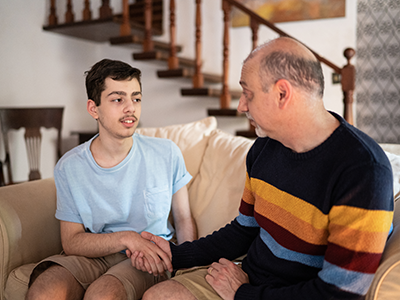 https://riseandshine.childrensnational.org/wp-content/uploads/2022/05/Father-and-son-talking-at-home-feature.png
300
400
Rise and Shine
https://riseandshine.childrensnational.org/wp-content/uploads/2017/11/childrens_riseandshine_logo.jpg
Rise and Shine2026-02-02 01:12:352026-02-02 15:21:38Talking to your child about their autism diagnosis
https://riseandshine.childrensnational.org/wp-content/uploads/2022/05/Father-and-son-talking-at-home-feature.png
300
400
Rise and Shine
https://riseandshine.childrensnational.org/wp-content/uploads/2017/11/childrens_riseandshine_logo.jpg
Rise and Shine2026-02-02 01:12:352026-02-02 15:21:38Talking to your child about their autism diagnosis



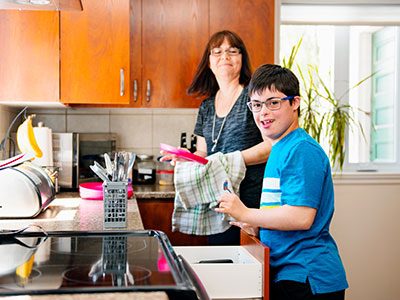
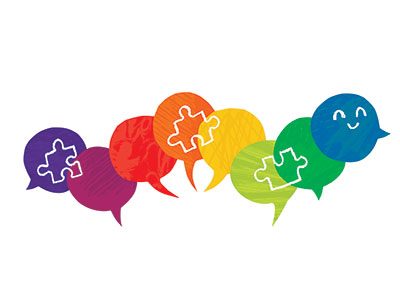
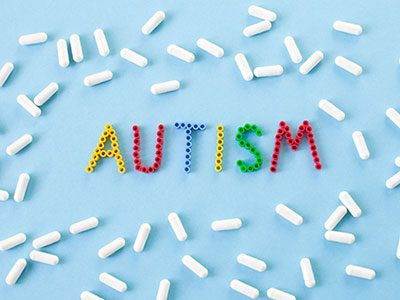
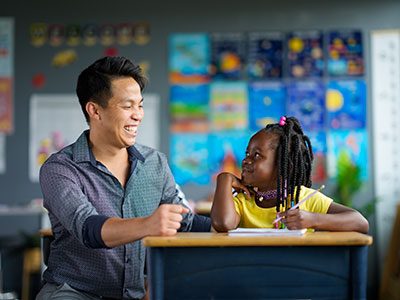
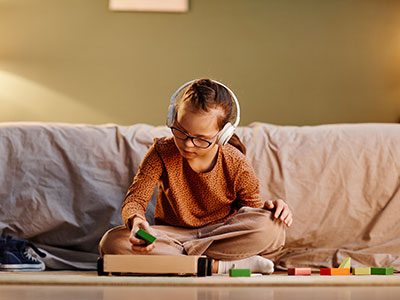





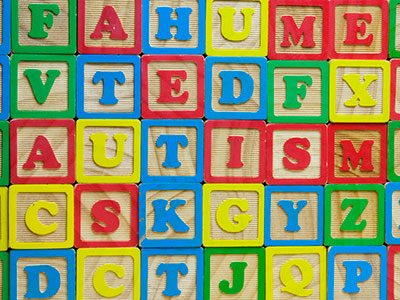


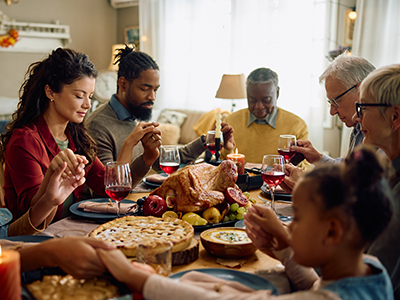
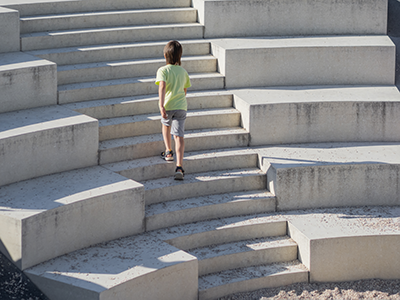


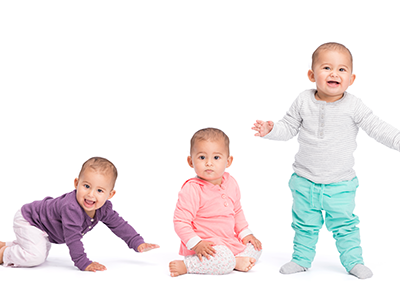
Leave a Comment
Want to join the discussion?Feel free to contribute!